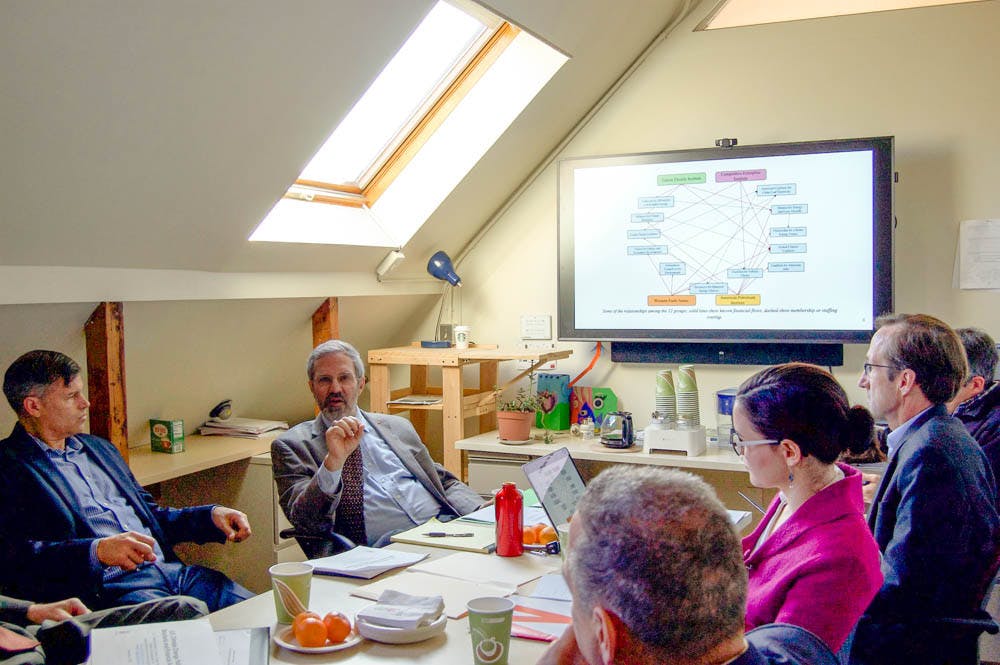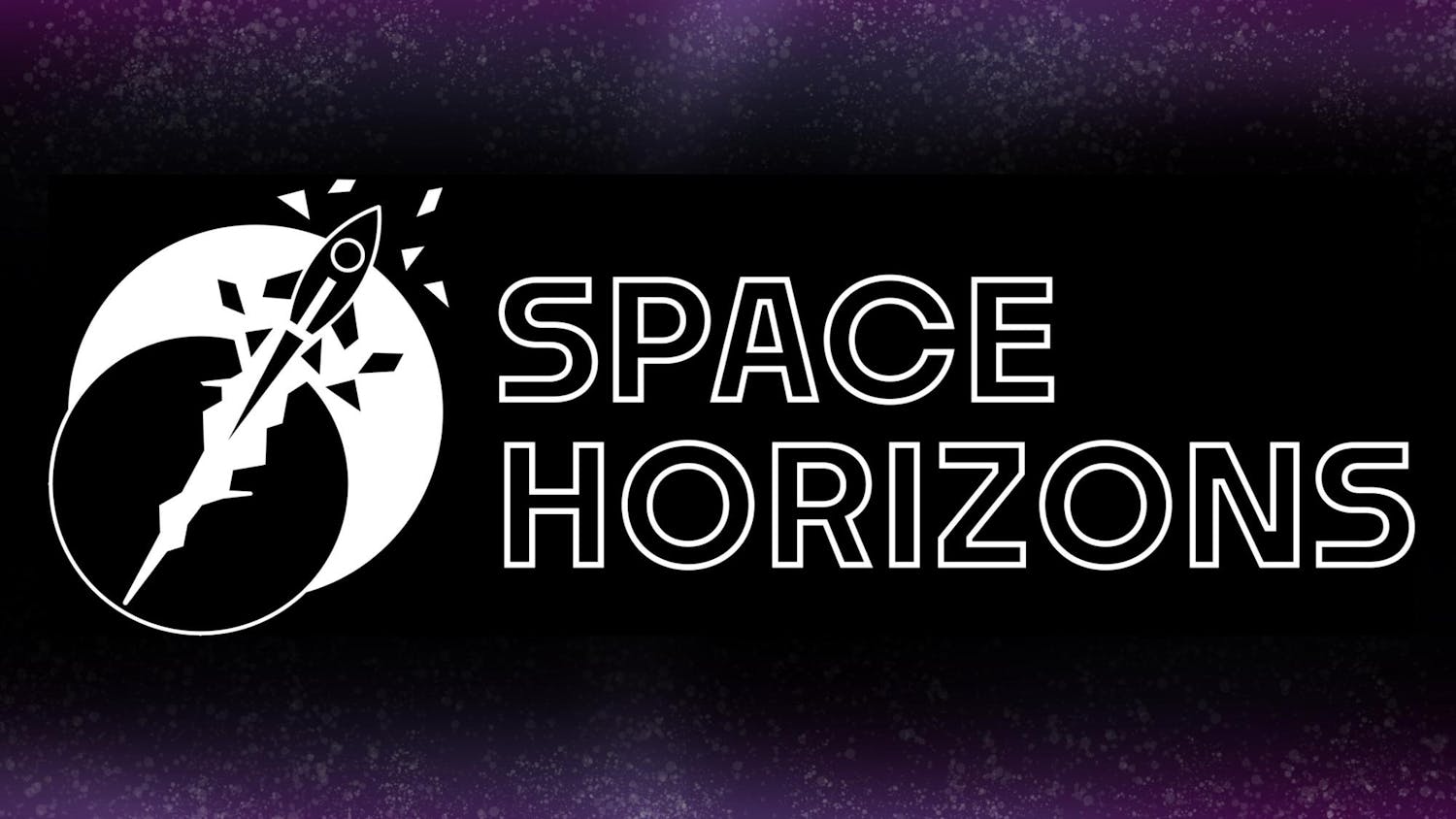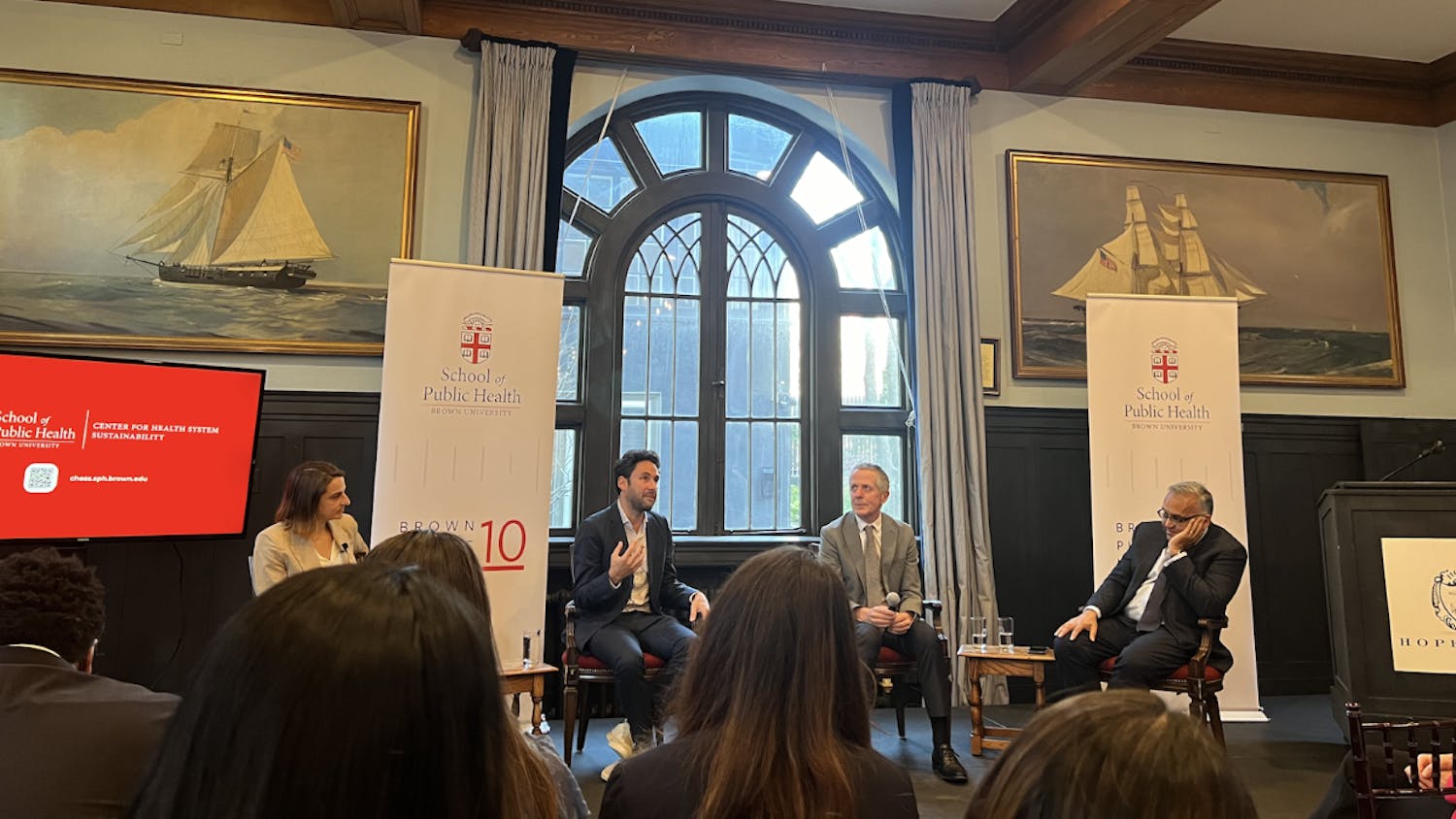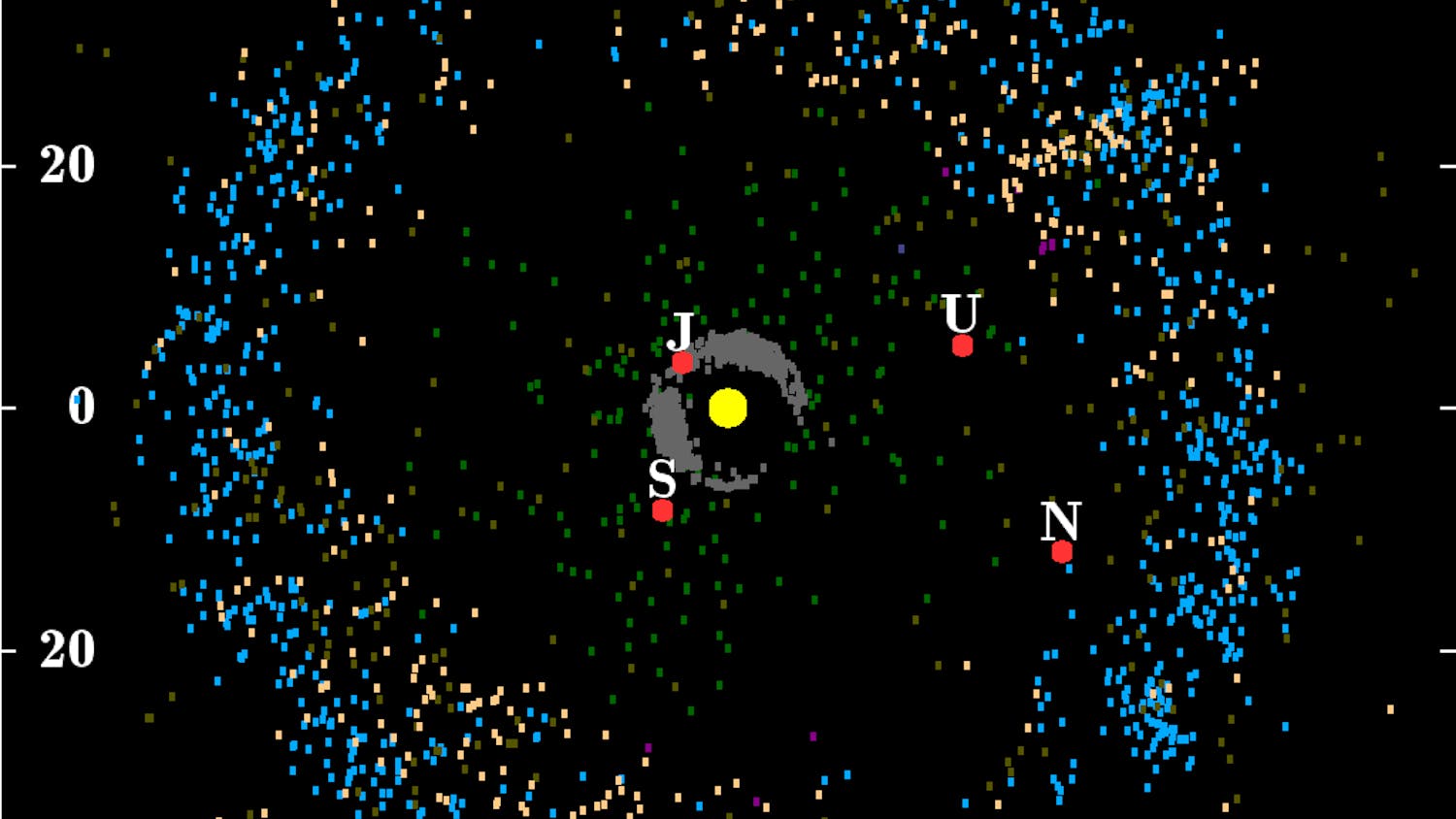On Monday morning in a small room on the second floor of the Urban Environmental Lab, Sen. Sheldon Whitehouse, D-RI and Congressman David Cicilline, D-RI, met with members of the Climate Development Lab.
The group discussed the students’ report revealing that the same dozen groups facilitated the climate change countermovement for many years.
This meeting was planned after students from ENVS 1574: “Engaged Climate Policy in the U.S.: Rhode Island and Washington, D.C.” met with Whitehouse last week in Washington and presented to the Senate Climate Action Task Force. Whitehouse expressed further interest following his meeting with the class. Monday’s meeting was an effort by Whitehouse to elevate the importance of the work done by the CDL, said Professor of Environmental Studies and Director of the CDL J. Timmons Roberts, who teaches the course.
Caroline Jones ’19, the teaching assistant for Roberts’ course, and a group of four students wrote the 37-page report that they presented at both meetings. The report, which was edited by others in Roberts’ class, features roughly two or three pages each on 12 different climate denial coalitions. The report also includes a timeline of each coalition’s activities and a chart explaining how each group is related, Jones said. The report will be disseminated through various media outlets soon, Jones said.
At Monday’s meeting, Jones explained the driving groups behind the U.S. withdrawal from the 1992 Kyoto Protocol also influenced President Trump’s withdrawal from the Paris Agreement in 2016, she said. The countermovement “can’t find anyone new to make their arguments for them.”
These 12 coalitions strategize to make it seem like there are many voices on the anti-climate change action side, while in reality “nearly all of them are funded by the oil, gas and coal industries,” Roberts said.
Visiting Professor Robert Brulle, a member of the CDL who was present at the meeting, also said that fossil fuel companies know that pollution has adverse implications for the climate. They have all the best science available to them, he said, “yet at the same time, they are putting out all of this other propaganda.”
Roberts, Brulle and Jones hope to reveal the forces behind the climate change denial movement with their research. Whitehouse specifically referenced Brulle’s work, which collects data on who has testified about climate change in Congress over the past 50 years and involves an ongoing analysis of the types of people and groups involved, Brulle told the legislators.
Roberts is hopeful that his class’ meeting with Whitehouse was “the start of expanding his understanding of what we do and how it might be useful in the fight to create adequate climate policy in the United States and open opportunities for Brown students to be a part of that.”
“We’ve had a developing relationship with Senator Whitehouse based on his … truly profound interest and concern and dedication to fighting climate change and fighting denial of climate change,” Roberts said, adding that Cicilline’s presence at the meeting was also important. Cicilline is in a “unique position” to be influential and make change given his party’s recent victories in the U.S. House of Representatives, he explained.
Whitehouse emphasized the importance of reaching across the aisle to pursue climate change initiatives.
“The reason that I’m here and that I love what Brown is doing here is that in my experience, fighting this battle at the very front in Congress, I see that this is actually not a partisan issue,” Whitehouse said. “I have too many conversations with Republican colleagues who understand that this is real, and want to get ahead of it, to believe that it’s a partisan issue,” he continued. According to Whitehouse, climate change has become a partisan issue by a “very well-developed piece of political and public relations machinery” that has effectively taken over the Republican party. “The biggest gap that we have on a pathway to success on climate is our failure to have shown the public who is behind the curtain on so much of the nonsense that gets propagated as climate denial,” he added.
After the meeting, Jones reflected on her experiences with the CDL. “Timmons treats his undergraduate students like they are graduate students, which is an incredible opportunity to do research and to collaborate,” Jones said. She added that the class and her work at the CDL have allowed her to build a network that has helped her get summer internships.
Roberts has worked to get undergraduate students involved with climate policy since 2010. In previous semesters when the class and the CDL focused their research on helping developing countries understand climate change, he brought undergraduates to United Nations negotiations around the world. Last year, while with his class in Bonn, Germany, Roberts realized that his efforts were needed in Washington rather than abroad in the current political climate.
“All the students at Brown, they don’t want to wait until they graduate to start to change the world and make it better. … Brown students want to save the world now,” Roberts said.





